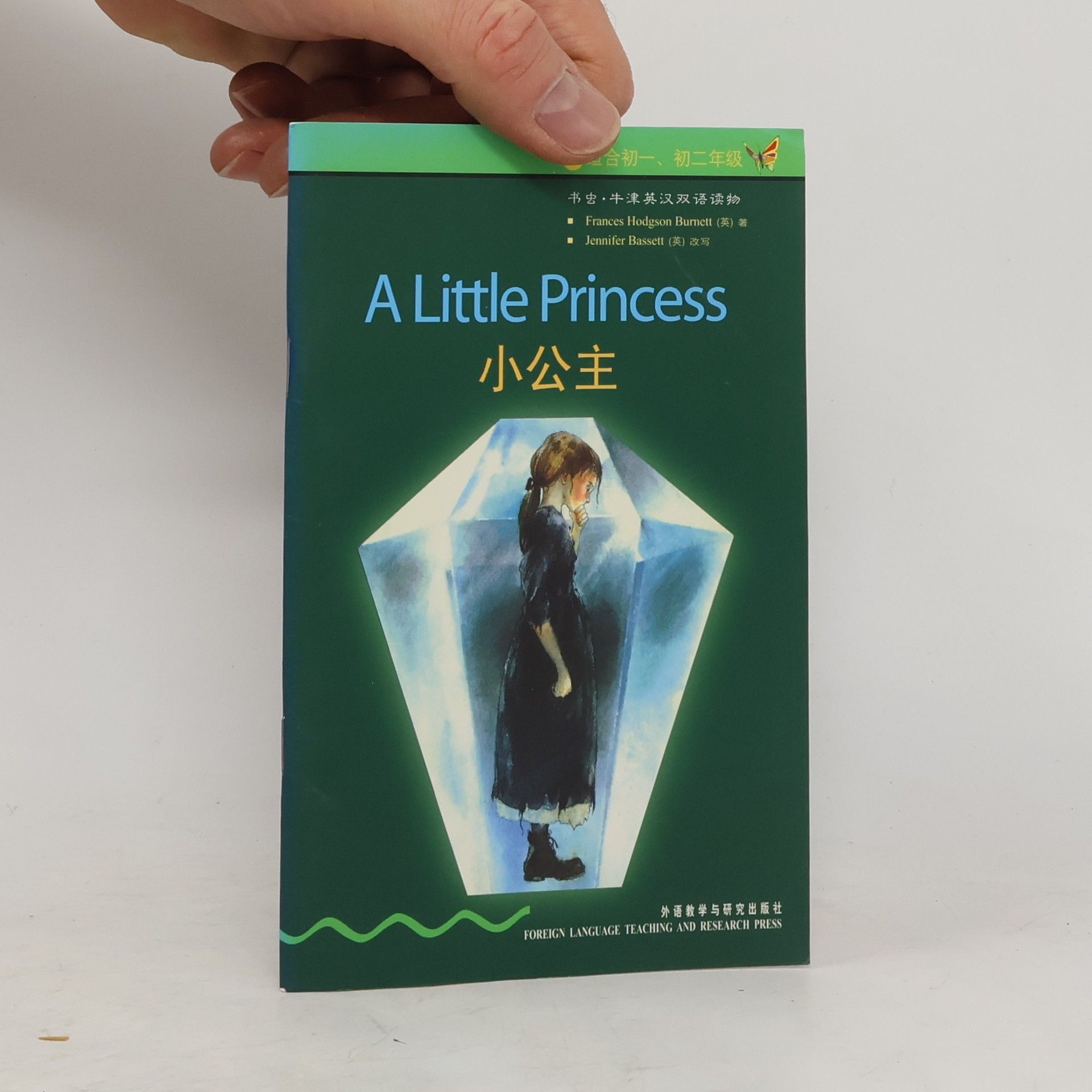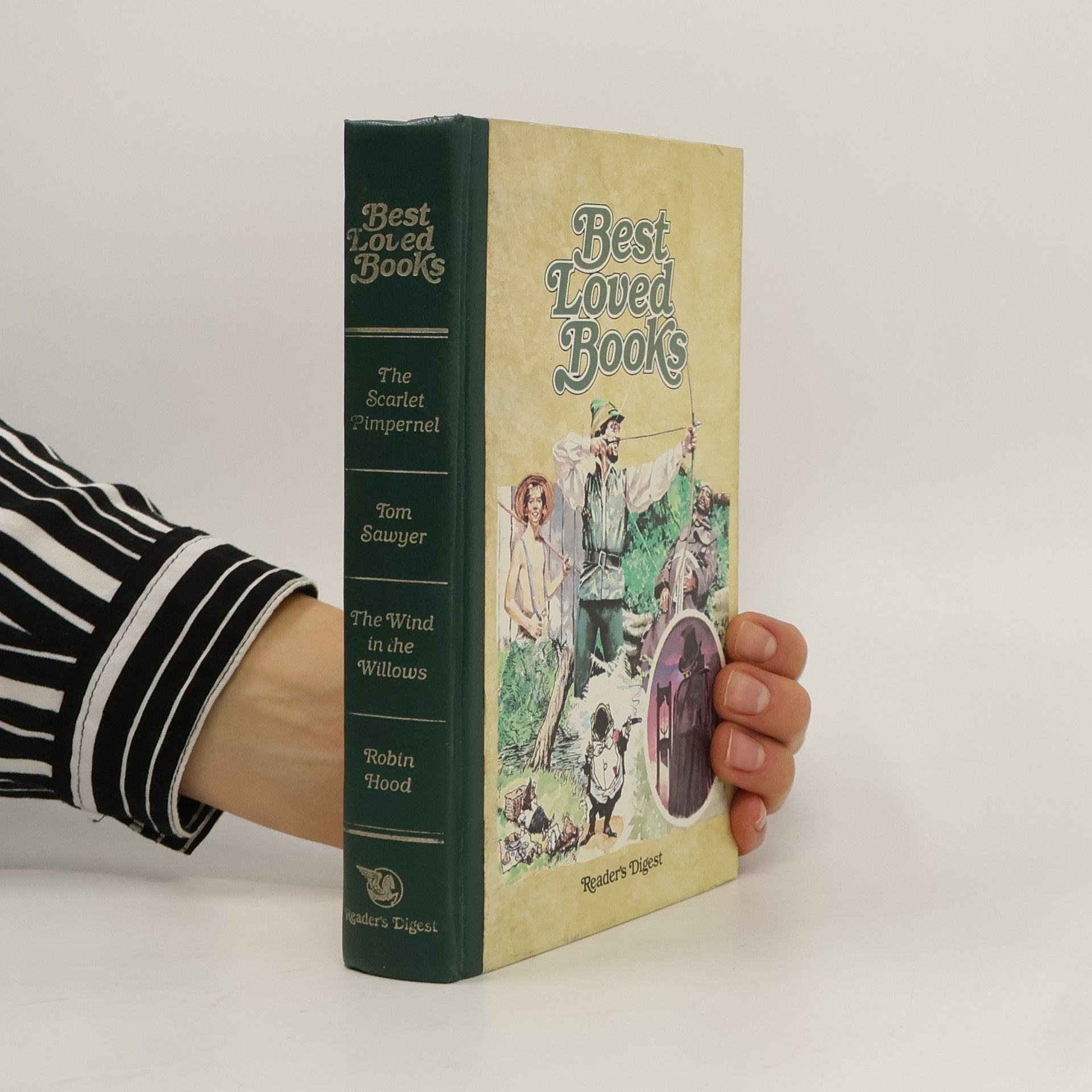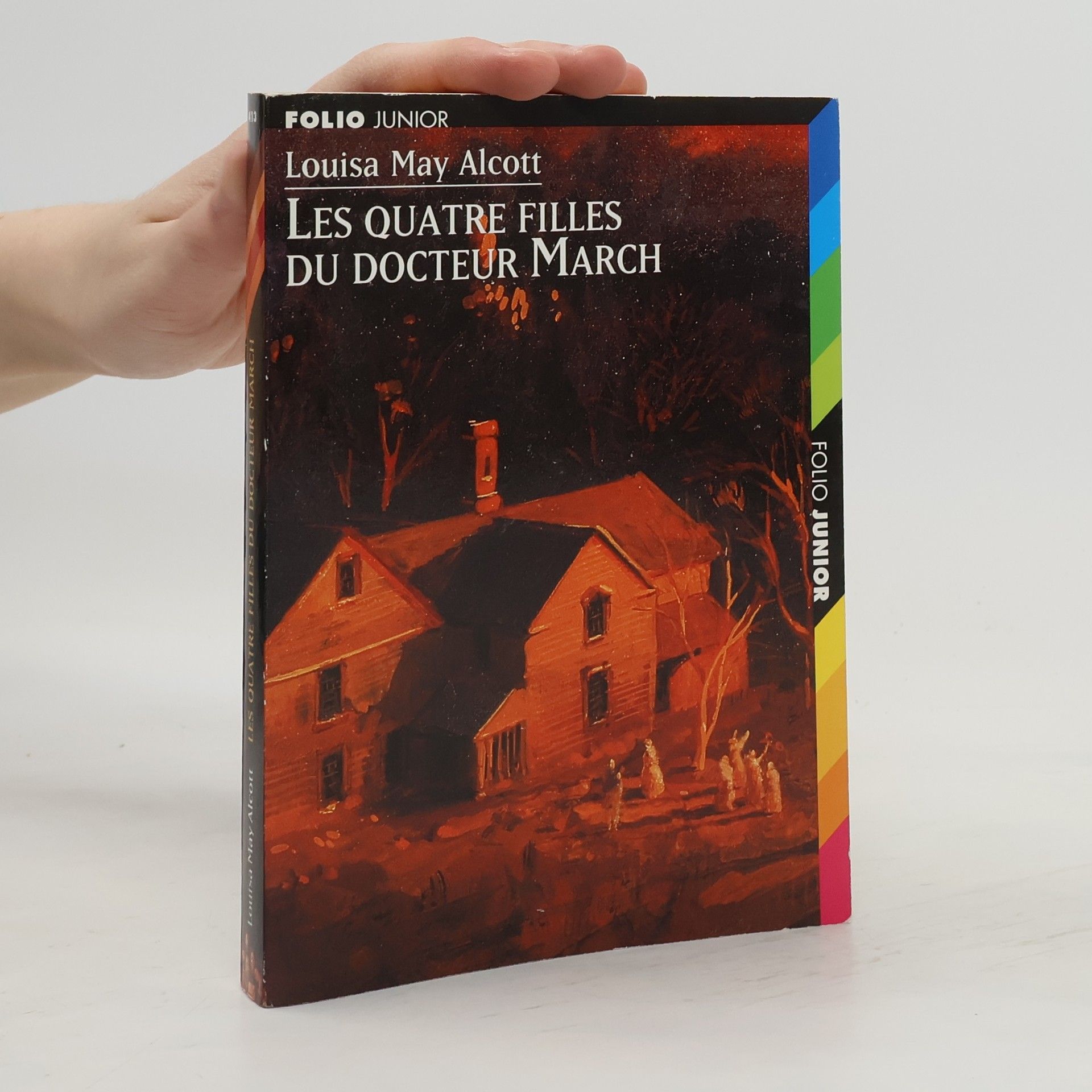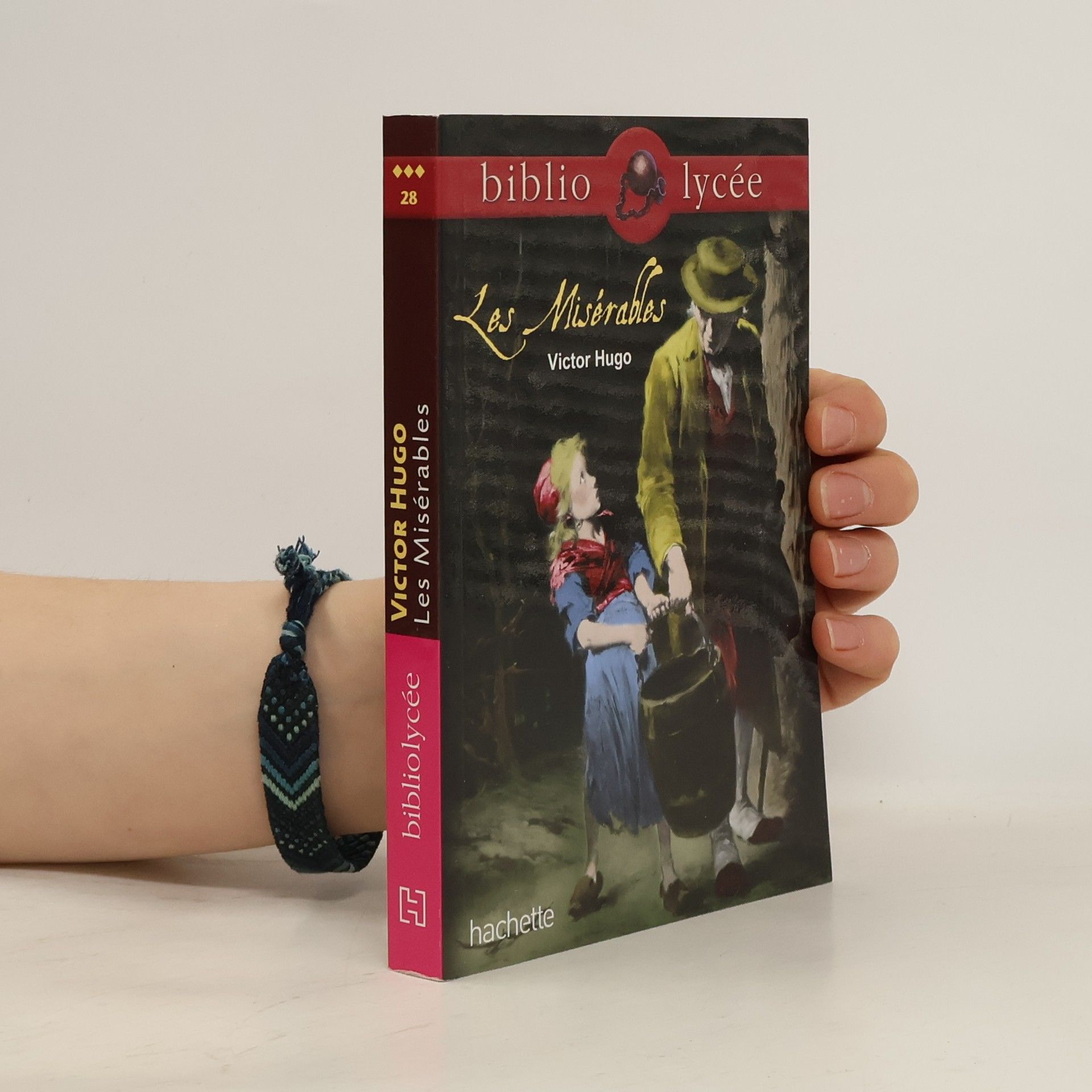Les quatre filles du docteur March
- 375pages
- 14 heures de lecture
Une année, avec ses joies et ses peines, de la vie de Meg, Jo, Beth et Amy March, quatre sœurs âgées de onze à seize ans. Leur père absent - la guerre de Sécession fait rage et il est aumônier dans l'armée nordiste, - elles aident leur mère à assumer les tâches quotidiennes. Ce qu'elles font avec leur caractère bien différent : Meg, la romantique, qui va éprouver les émois d'un premier amour ; Jo, qui ne se départit jamais d'un humour à toute épreuve ; la généreuse Beth, la blonde Amy, enfin, qui se laisse aller parfois à une certaine vanité...









